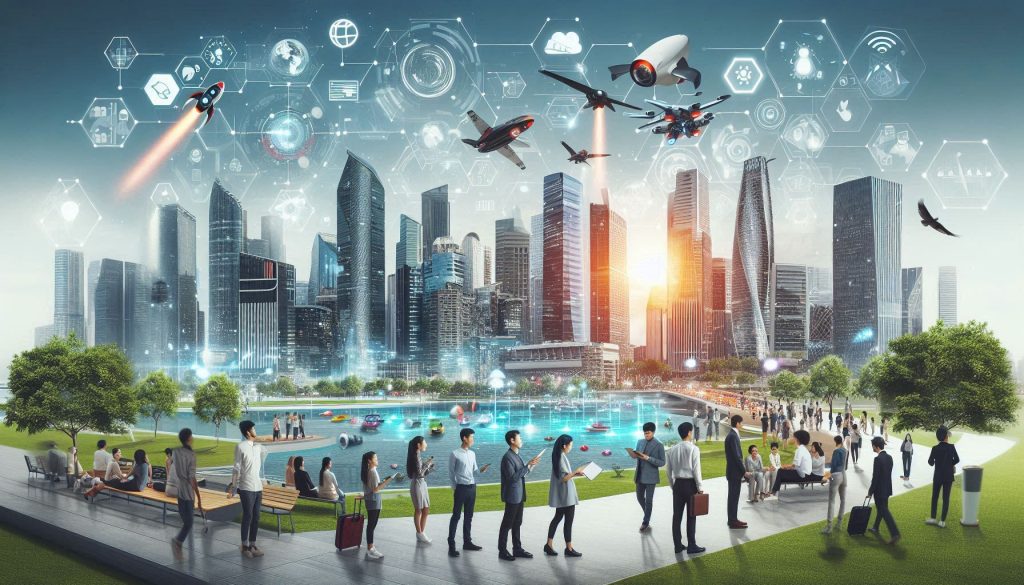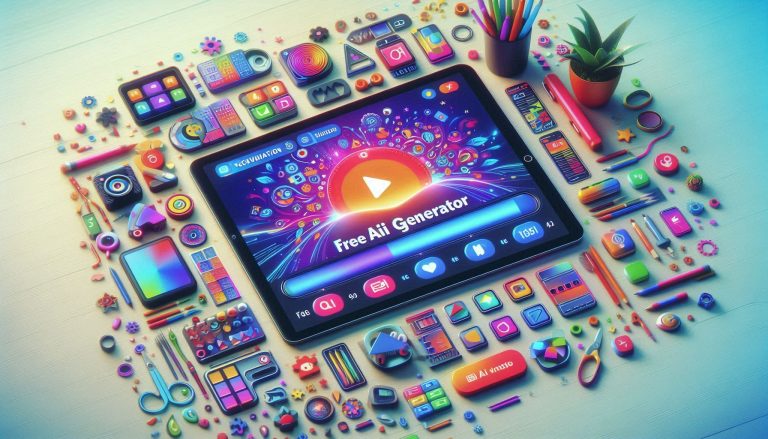
Discover the top new technology trends that will shape the future of business, health, communication, and everyday life. Stay ahead with the latest innovations.
Introduction
We’re living in a time of rapid technological change. What was impossible a decade ago is now a part of our everyday lives. From smartphones to AI assistants, the digital revolution continues to evolve.
But what’s next?
In this article, we’ll explore the new technology trends that are expected to shape the future. Whether you’re a tech lover, entrepreneur, student, or investor, understanding these innovations will help you prepare for what’s coming.
Let’s dive into the future of technology—today.
1. Artificial Intelligence (AI) and Machine Learning (ML)
AI is no longer just a buzzword—it’s the backbone of modern technology. It powers everything from chatbots to self-driving cars, and it’s only getting smarter.
Key Highlights:
- AI is used in healthcare, finance, education, and cybersecurity.
- ML algorithms can now learn patterns, predict behavior, and even create content.
- AI is transforming industries through automation and intelligent decision-making.
Future Outlook:
AI will become more personalized, more powerful, and embedded into everything—from wearable tech to city planning.

2. 5G and Next-Gen Connectivity
Fifth-generation wireless technology (5G) is bringing faster internet speeds, ultra-low latency, and massive data capacity.
What It Means:
- Real-time gaming and 4K streaming with no lag
- Smart cities with connected devices and instant communication
- Supports IoT (Internet of Things) for smarter homes and cars
Why It Matters:
5G will be the foundation for innovation, enabling tech like virtual reality, autonomous vehicles, and remote surgeries.

3. Robotics and Automation
Robots are no longer science fiction—they’re here, and they’re working in warehouses, hospitals, and even homes.
Where They’re Used:
- Manufacturing robots increase productivity
- Medical robots assist in surgeries
- Service robots provide customer support in banks, airports, and hotels
Future Outlook:
Robots will become more intelligent and human-like. Expect to see them handling more complex tasks in everyday environments.

4. Brain-Computer Interfaces (BCI)
Imagine controlling a computer with your mind. That’s what BCI technology is working toward.
Current Development:
- Companies like Neuralink (founded by Elon Musk) are developing implants to help disabled individuals control devices.
- Future BCIs could enhance memory, communication, and even allow mind-to-mind communication.
Why It’s a Game-Changer:
BCIs could completely revolutionize how we interact with machines, blurring the line between human and tech.
5. Blockchain and Decentralization
Blockchain is more than just cryptocurrency. It’s a way of creating secure, transparent systems without a central authority.
Applications:
- Finance: Decentralized finance (DeFi) platforms
- Supply Chain: Track goods in real-time with full transparency
- Healthcare: Secure and share medical records globally
Why It Matters:
Blockchain could be the future of trust, enabling peer-to-peer systems that are fair, efficient, and secure.

6. Biotechnology and Genetic Engineering
Thanks to advances in biotech, we are unlocking the secrets of the human body—and finding ways to improve or even redesign it.
Emerging Trends:
- Gene editing tools like CRISPR
- Lab-grown organs and tissues
- DNA-based data storage
Impact on Society:
Biotech could eliminate genetic diseases, extend lifespan, and lead to personalized medicine tailored to your DNA.
7. Quantum Computing
Quantum computers use particles at the atomic level to solve problems that are impossible for today’s machines.
Potential:
- Crack complex equations in seconds
- Revolutionize drug discovery and climate modeling
- Make traditional encryption methods obsolete
Why It’s Important:
Quantum computing will solve problems beyond the reach of any classical computer—changing science, industry, and cybersecurity forever.

8. Augmented Reality (AR) and Virtual Reality (VR)
AR adds digital content to the real world, while VR creates entire virtual environments.
Applications:
- Education: Virtual labs and simulations
- Retail: Try-before-you-buy experiences
- Gaming: Fully immersive digital worlds
What’s Next:
As hardware becomes more affordable, AR and VR will become mainstream tools in business, learning, and entertainment.
9. Smart Devices and Internet of Things (IoT)
IoT connects everyday items—like fridges, lights, and even toothbrushes—to the internet, making them “smart.”
Use Cases:
- Smart homes that optimize energy use
- Wearables that track health in real-time
- Connected vehicles with safety features
Why It’s Growing:
IoT makes life more efficient, convenient, and personalized. By 2030, it’s predicted that over 75 billion devices will be connected.
Conclusion
Technology is evolving faster than ever, and staying informed is essential to thrive in the future.
These new technology trends—from AI to quantum computing—are not just futuristic ideas. They are shaping how we live, work, and interact right now.
Whether you’re planning a career, building a business, or just staying informed, keep an eye on these trends. Because the future isn’t coming—it’s already here.




